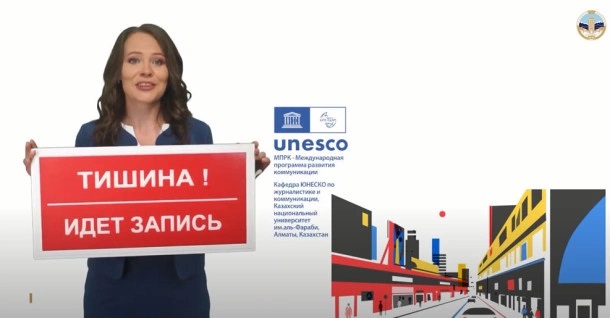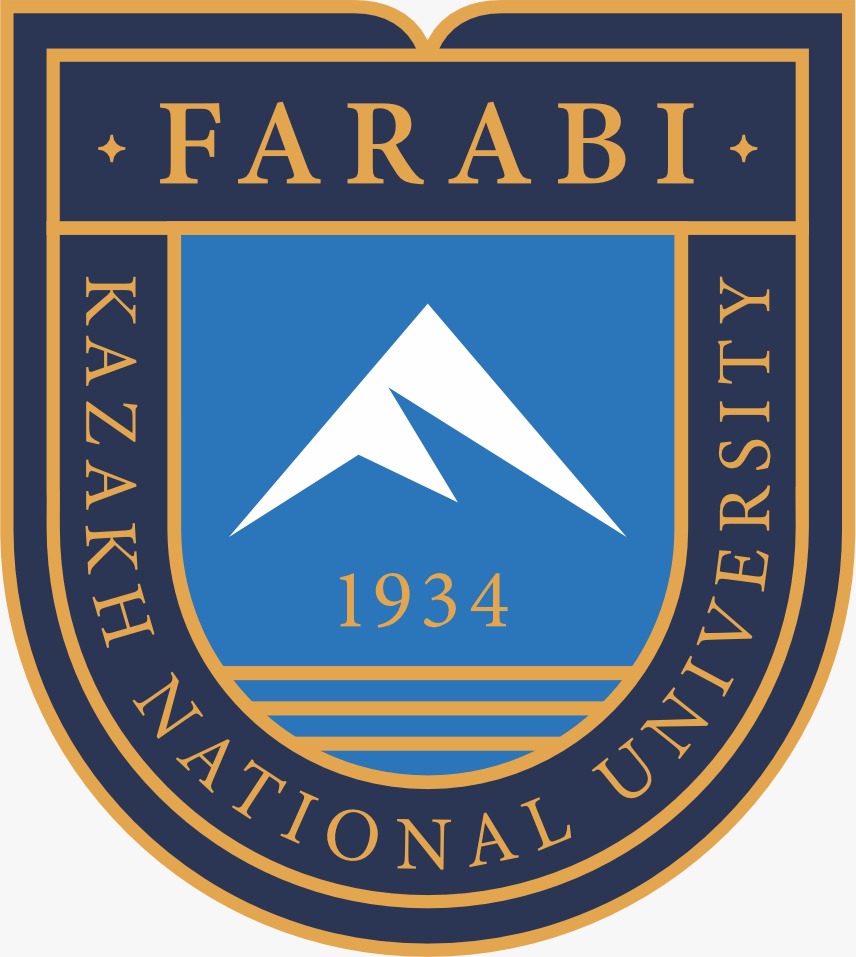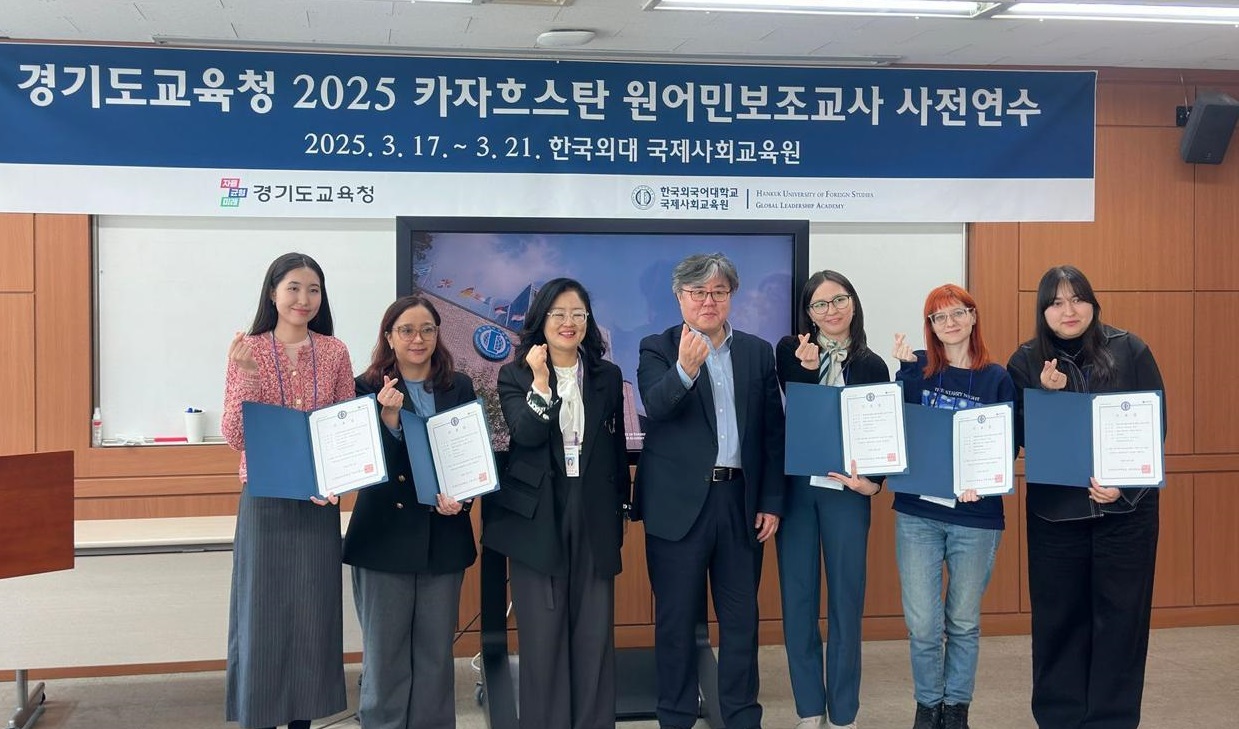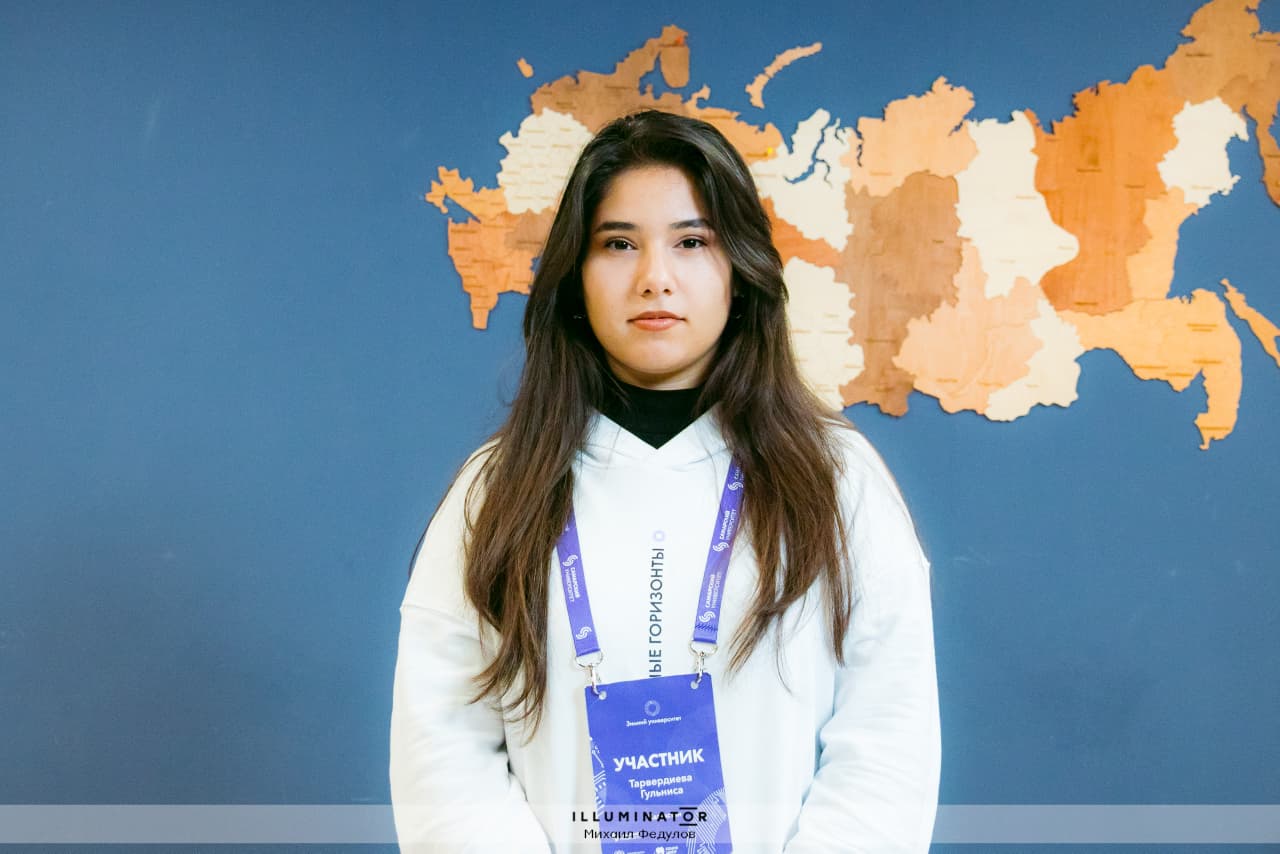UNESCO Chair launched a platform for journalistic education

For the first time, the implementation of a project to promote the competencies of the International Communications Development Program (IPRC) in the region resulted in the launch of a series of automated training courses in journalism for long-term operation. The project's working group – employees of the UNESCO Department of Journalism and Communication, created adapted educational complexes based on textbooks and manuals of UNESCO and the International Federation of Journalists through the breakthrough educational technology MOOC on the platform of Al-Farabi Kazakh National University open.kaznu.kz . Four massive open online courses are addressed to a wide audience: from students, undergraduates, doctoral students to practitioners, interns, and anyone who is interested in communication activities.
A distinctive feature of this project is its digitalization, interactivity and mass character, which forms a new background of projects for the creation of textbooks, their translation, organization of training, professional development. Thus, a large-scale transition to a new level in the development of the ideas of the IPRC in the region of Central Asia and the Caucasus has been carried out. The courses are round-the-clock, year-round and free. Unlike many training programs with a similar algorithm, the courses created as a result of this project, upon their successful completion, provide a free issuance of a personal certificate. There are no heavy-weight video lectures in the MOOCs, which makes it possible to watch them even at a low Internet connection speed, which is typical for some Central Asian countries.
The functionality of the created platform has been worked out, it is a set of modern digital tools for the development of educational competencies. The joint initiative of the UNESCO Cluster Office in Almaty and the UNESCO Department of Journalism and Communication not only fully, on the basis of a preliminary creative and technical plan, launched new MOOCs in the field of journalism and communication, but also took into account the proposals of colleagues from 7 countries: Kyrgyzstan, Uzbekistan, Tajikistan, Turkmenistan, Armenia, Georgia, Azerbaijan. All of them actively discussed the process and tested the creation of courses, shared practical material. The courses are designed in Russian, but have summaries and lecture notes in Kazakh, Kyrgyz, Uzbek, Tajik, Turkmen, Armenian, Georgian, Azerbaijani, published by a separate textbook. Representatives of 19 universities of Central Asia and the Caucasus took part in the platform validation meeting.


